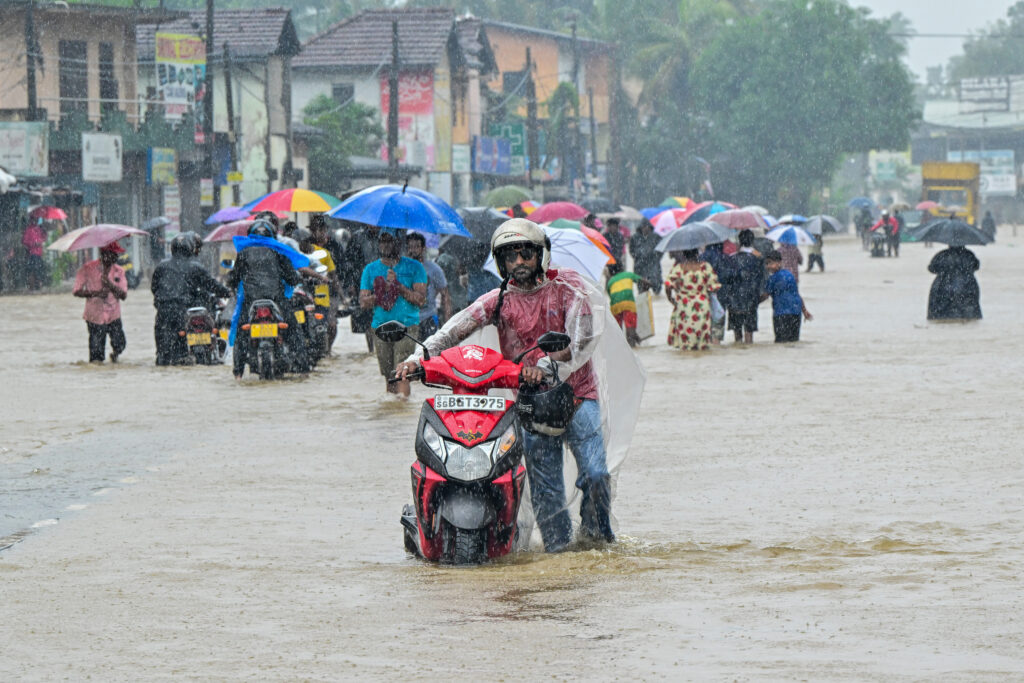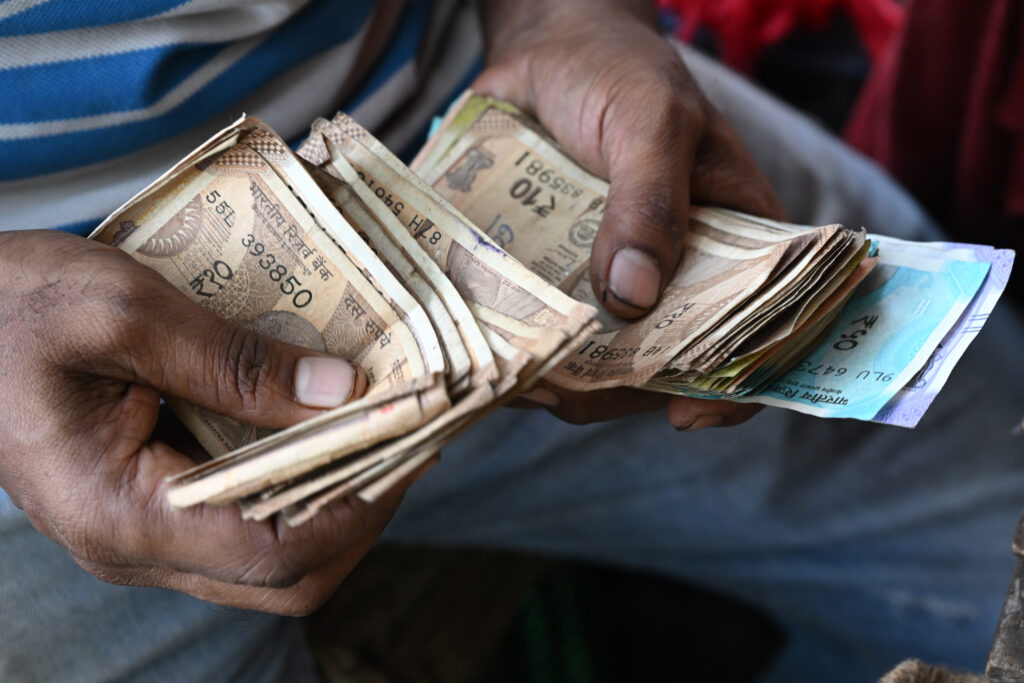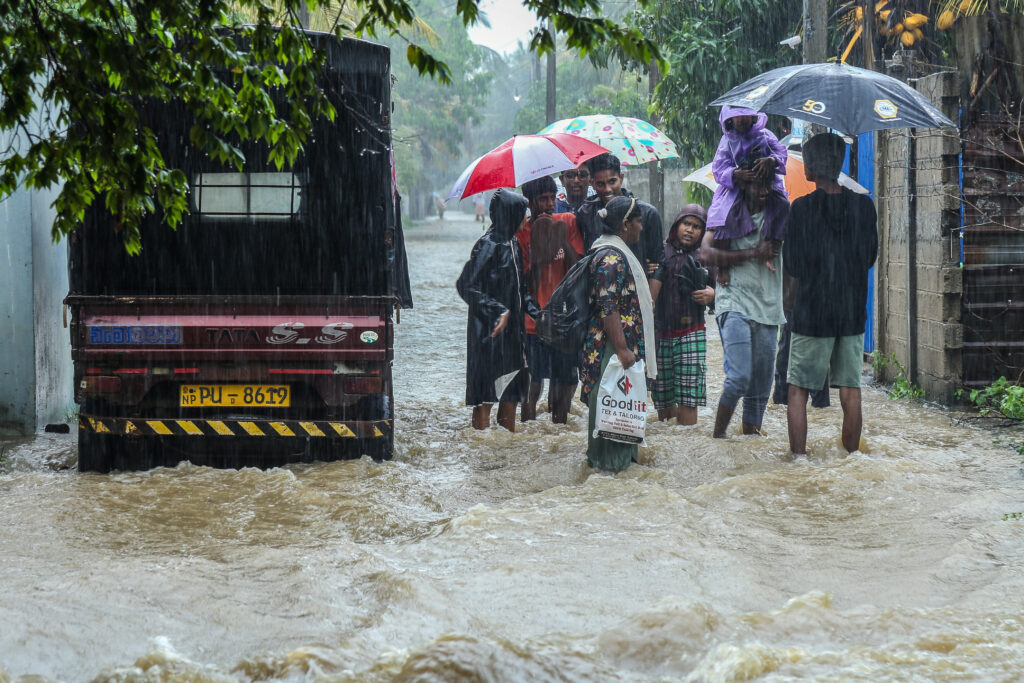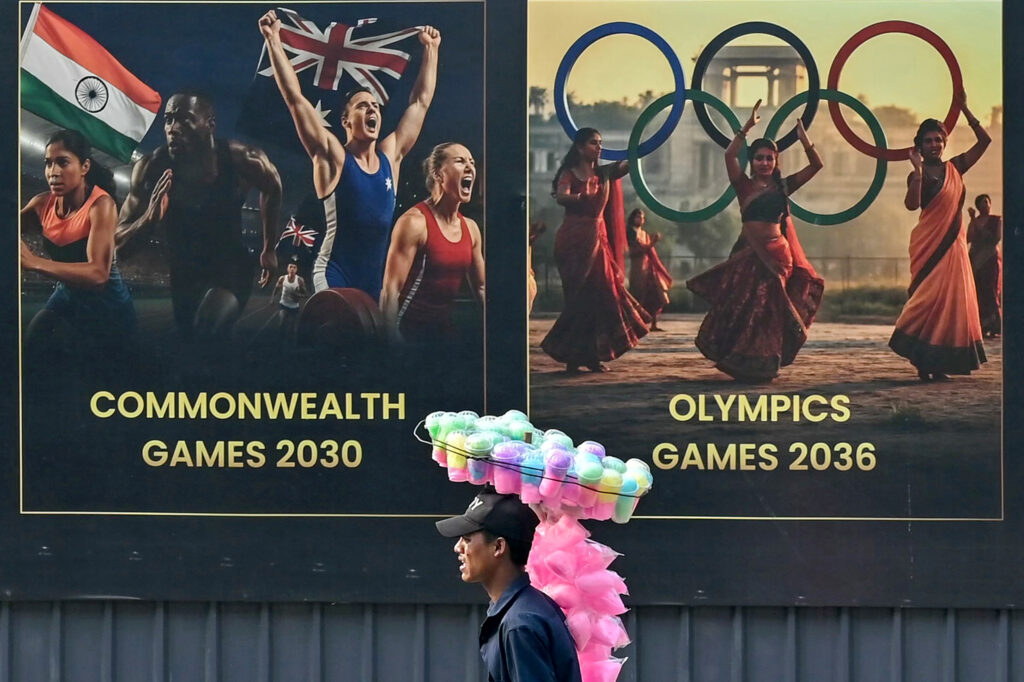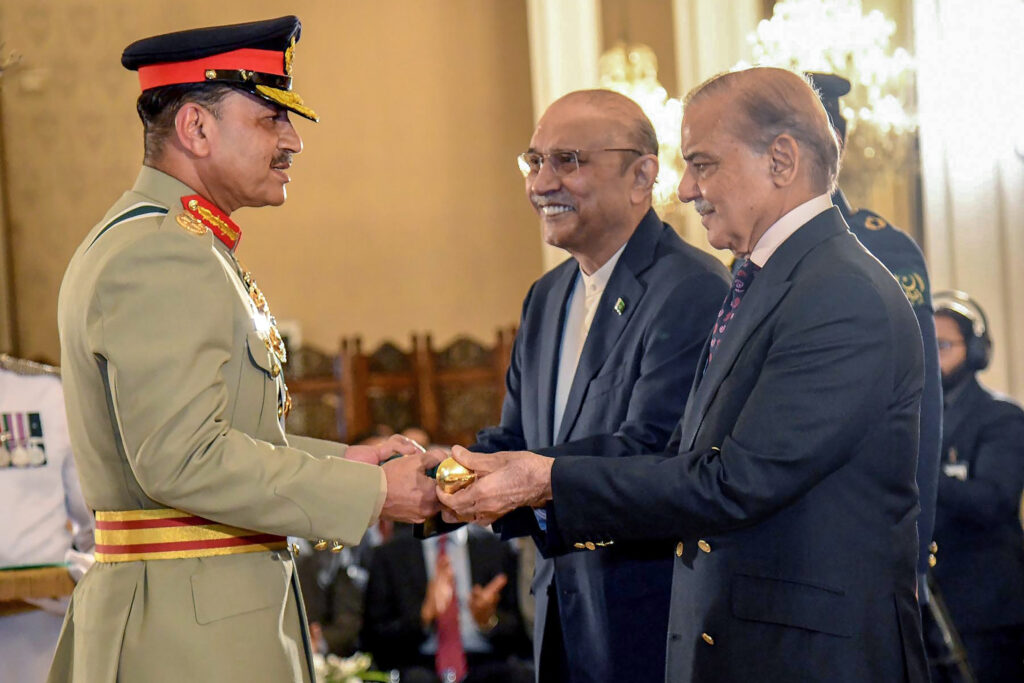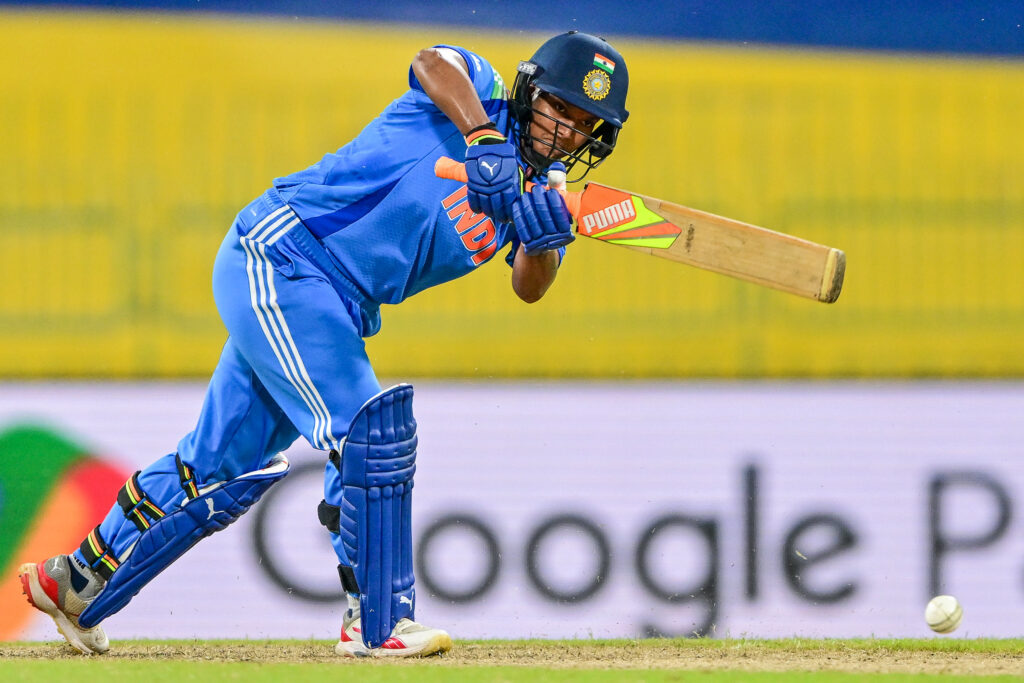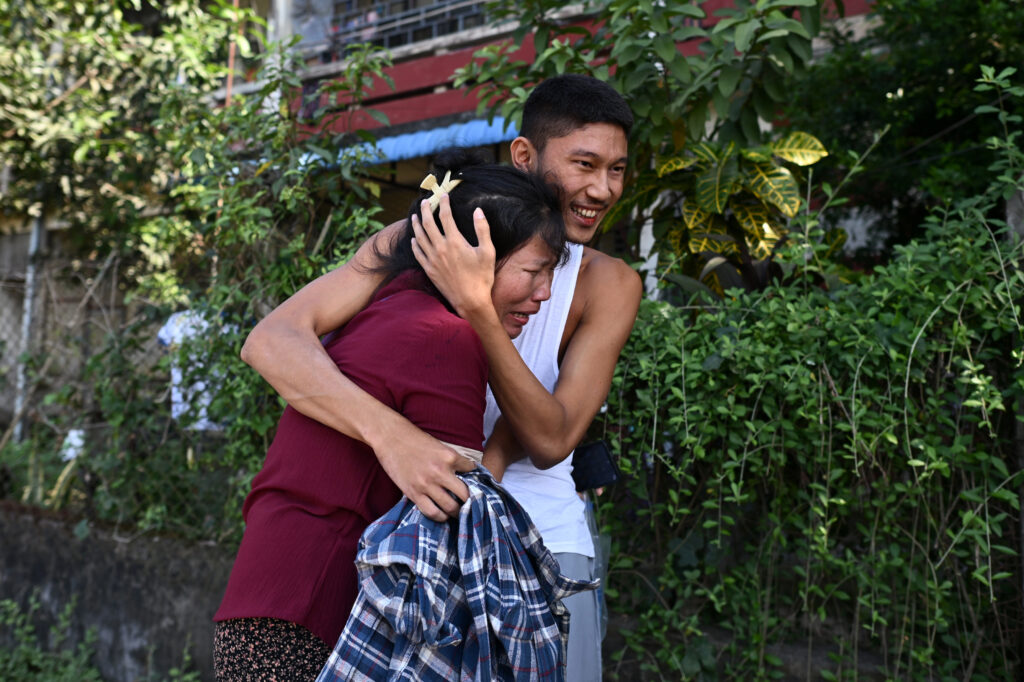Sri Lanka seeks foreign help as cyclone toll hits 123
Sri Lanka made an appeal for international assistance on Saturday as the death toll from heavy rains and floods triggered by Cyclone Ditwah rose to 123, with another 130 reported missing.The extreme weather system has destroyed nearly 15,000 homes, sending almost 44,000 people to state-run temporary shelters, the Disaster Management Centre (DMC) said.Director-General Sampath Kotuwegoda said relief operations had been strengthened with the deployment of thousands of troops from the army, navy and air force.”We have 123 confirmed dead and another 130 missing,” Kotuwegoda told reporters in Colombo.Cyclone Ditwah was moving away from the island Saturday and was heading towards neighbouring India to the north, but it had already left massive destruction in its wake.”Relief operations with the help of the armed forces are underway,” Kotuwegoda said.Fresh landslides hit the central district of Kandy, 115 kilometres (72 miles) east of Colombo, with the main access road under water at several locations.”Fibre optic cables have snapped at many places and mobile phones are not working because base stations have been flooded,” a DMC official told AFP.He said a special unit had been deployed to restore communication lines, as several remote areas remained inaccessible by road after mudslides in tea-growing mountainous regions.The government issued an appeal for international help and asked Sri Lankans abroad to make cash donations to support nearly half a million affected people.Officials said Prime Minister Harini Amarasuriya had met with Colombo-based diplomats to update them on the situation and seek the help of their governments.- India sends aid -India was the first to respond, sending two planeloads of relief supplies, while an Indian warship already in Colombo on a previously planned goodwill visit donated its rations to help victims.Indian Prime Minister Narendra Modi expressed his condolences over the loss of lives in Sri Lanka and said New Delhi was ready to send more aid.”We stand ready to provide more aid and assistance as the situation evolves,” Modi said on X.Flooding in low-lying areas worsened on Saturday, prompting authorities to issue evacuation orders for those living along the banks of the Kelani River, which flows into the Indian Ocean from Colombo.The Kelani burst its banks on Friday evening, forcing hundreds of people into temporary shelters, the DMC said.Rain had eased in most parts of the country, including the capital, but parts of the island’s north were still experiencing showers due to the residual effects of Cyclone Ditwah.DMC officials said they expected flood levels to exceed those recorded in 2016, when 71 people were killed nationwide.This week’s weather-related toll is the highest since June last year, when 26 people were killed following heavy rains. In December, 17 people died in flooding and landslides.The worst flooding Sri Lanka has experienced since the turn of the century occurred in June 2003, when 254 people were killed.
